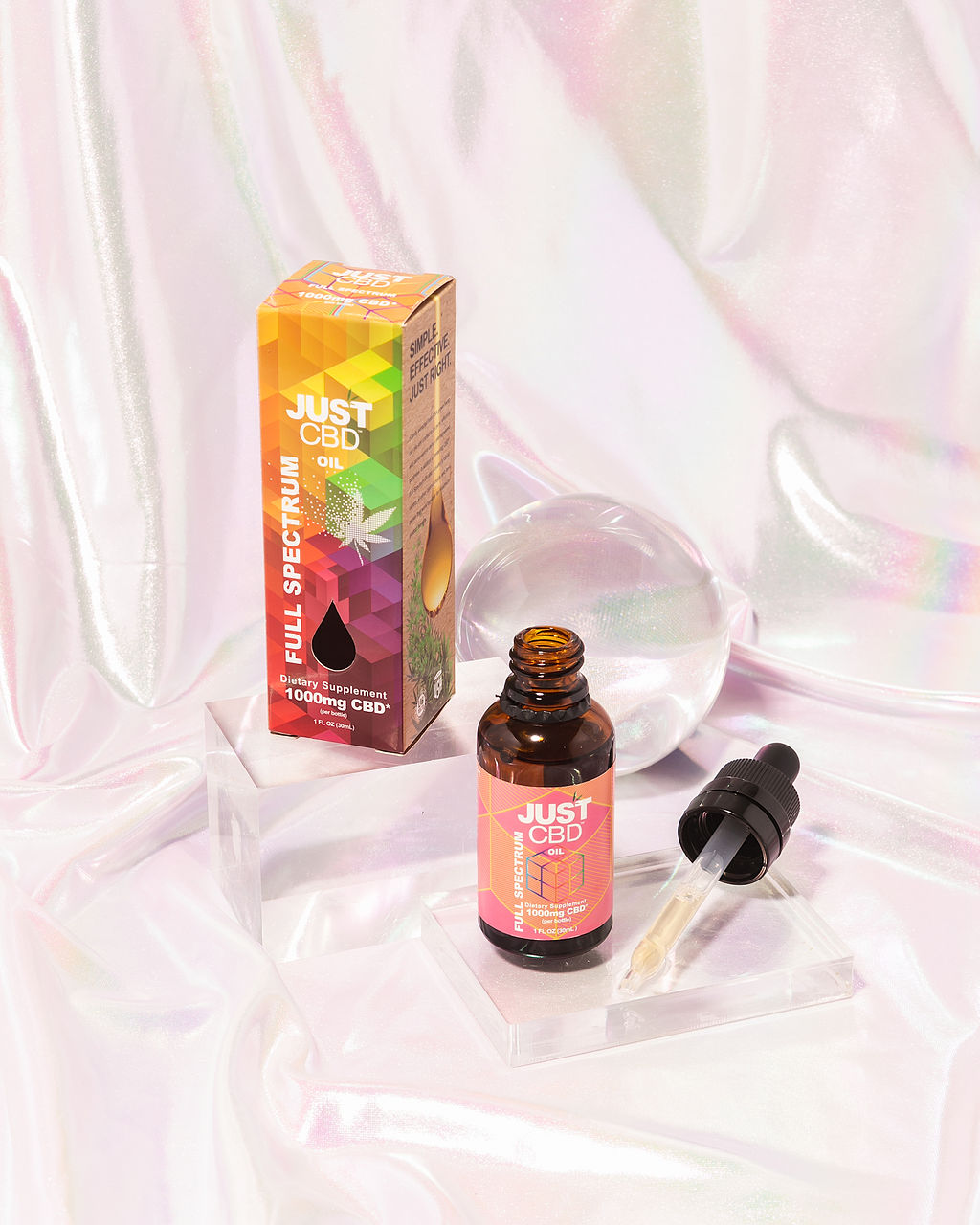Introduction
In the hustle and bustle of modern life, finding time to unwind and relax after a long day is essential for maintaining overall well-being. As stress and daily responsibilities can take a toll on both our physical and mental health, incorporating effective relaxation strategies into our routine becomes crucial. In this comprehensive guide, we will explore a variety of the best ways to unwind after a long day. From mindfulness practices to physical activities and creative pursuits, these strategies aim to help you decompress, rejuvenate, and create a healthy balance in your life.
Mindful Breathing and Meditation
One of the most effective ways to unwind is through mindful breathing and meditation. Taking a few moments to focus on your breath and clear your mind can significantly reduce stress levels. Find a quiet space, sit comfortably, and close your eyes. Inhale deeply through your nose, allowing your lungs to fill with air, then exhale slowly through your mouth. Repeat this process, paying attention to each breath. Guided meditation apps or videos can be helpful for those new to the practice, providing structured sessions that promote relaxation.
Create a Relaxing Atmosphere
Transforming your living space into a calming haven can greatly enhance your ability to unwind. Dim the lights, light some candles, or use soft, warm-toned lighting. Consider playing soothing music or nature sounds in the background. Aromatherapy with essential oils such as lavender or chamomile can also contribute to a serene environment. By creating a peaceful atmosphere, you signal to your mind and body that it’s time to relax.
Take a Warm Bath or Shower
A warm bath or shower is a classic and effective way to relax muscles and soothe the mind. Consider adding Epsom salts to your bath for a muscle-relaxing boost. The warm water promotes circulation and can help release tension. For an added touch, use your favorite scented bath products or essential oils to enhance the sensory experience.
Disconnect from Screens
In the age of technology, constant exposure to screens can contribute to stress and mental fatigue. Unwind by disconnecting from electronic devices for a set period each evening. This break from screens allows your mind to rest and helps improve sleep quality. Consider establishing a technology-free zone in your home or dedicating a specific time each day to unplug and focus on other activities.
Engage in Physical Activity
Physical exercise is a powerful way to release pent-up tension and boost mood-enhancing endorphins. Whether it’s a brisk walk, a jog, a yoga session, or a visit to the gym, find a form of exercise that suits your preferences and energy levels. Even a short burst of physical activity can make a significant difference in your overall sense of well-being.
Read a Book
Engaging in a good book can transport you to a different world and provide a welcome escape from daily stressors. Choose a book that captivates your interest, whether it’s fiction, non-fiction, or a genre you enjoy. Reading before bedtime can also be a calming ritual that signals to your brain that it’s time to wind down.
Practice Gratitude
Taking a moment to reflect on the positive aspects of your day can shift your mindset and promote a sense of contentment. Keep a gratitude journal and write down three things you are thankful for each day. This simple practice encourages a positive outlook and can be a powerful tool for cultivating a sense of peace.
Mindful Eating
Instead of rushing through dinner or mindlessly snacking, practice mindful eating. Sit down at a table, savor each bite, and pay attention to the flavors and textures of your food. Avoid distractions like TV or screens during meals, allowing yourself to fully enjoy and appreciate the act of nourishing your body.
Engage in a Creative Hobby
Pursuing a creative hobby is an excellent way to unwind and tap into your artistic side. Whether it’s drawing, painting, writing, or crafting, engaging in a creative activity allows you to express yourself and focus on the present moment. The process of creation can be inherently soothing and fulfilling.
Listen to Music
Music has the power to evoke emotions and create a mood. Curate a playlist of your favorite calming tunes and let the music transport you to a more relaxed state. Whether it’s classical, jazz, ambient, or your favorite genre, let the melodies guide you to a space of tranquility.
Socialize and Connect
Spending quality time with loved ones is a valuabl way to unwind. Share your thoughts and experiences with friends or family, either in person or through a virtual connection. Socializing provides emotional support and can serve as a reminder of the positive aspects of life.
Practice Gentle Stretching or Yoga
Incorporate gentle stretching or a short yoga session into your evening routine. These activities can help release physical tension, improve flexibility, and promote a sense of relaxation. Focus on deep, intentional breaths as you move through each stretch or pose.
Get a Good Night’s Sleep
Quality sleep is essential for overall well-being and the body’s ability to recover from the day. Establish a calming bedtime routine, create a comfortable sleep environment, and aim for consistent sleep patterns. Avoid caffeine and screen time close to bedtime to ensure a restful night’s sleep.
Conclusion
In the fast-paced world we live in, prioritizing self-care and finding effective ways to unwind after a long day is crucial for maintaining a healthy balance. The strategies mentioned in this comprehensive guide offer a diverse range of options to suit individual preferences and lifestyles. Experiment with different techniques to discover what works best for you, and remember that creating a routine that prioritizes relaxation is an investment in your overall well-being. Whether it’s through mindfulness practices, physical activities, creative pursuits, or simply disconnecting from the demands of daily life, taking time to unwind is a powerful act of self-care that can positively impact both your physical and mental health.
- A Comprehensive Guide to the Benefits of Burdock Supplements - December 14, 2023
- A Comprehensive Guide to the Benefits of Burdock Supplements - December 14, 2023
- A Comprehensive Guide to the Benefits of Boneset Supplements - December 14, 2023






